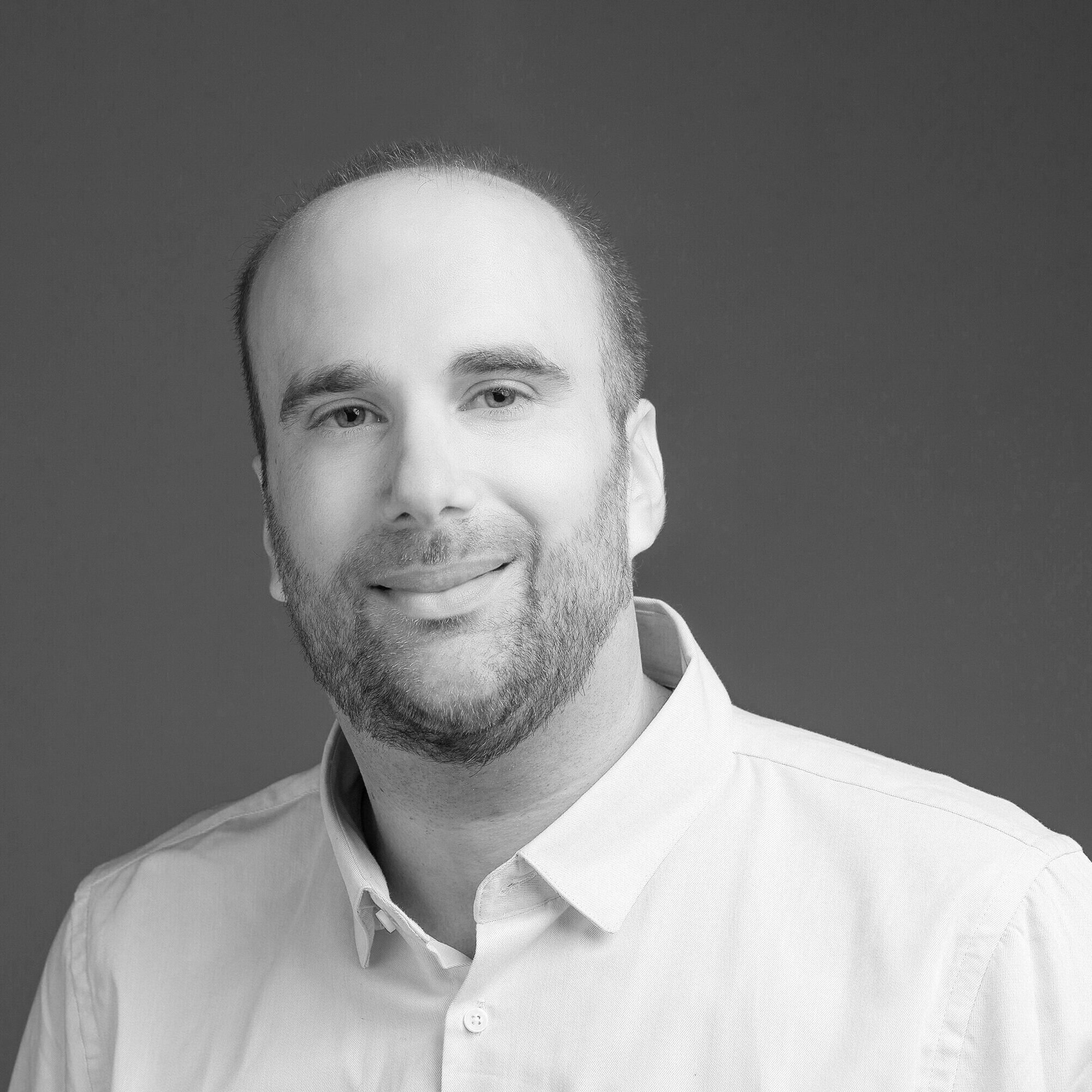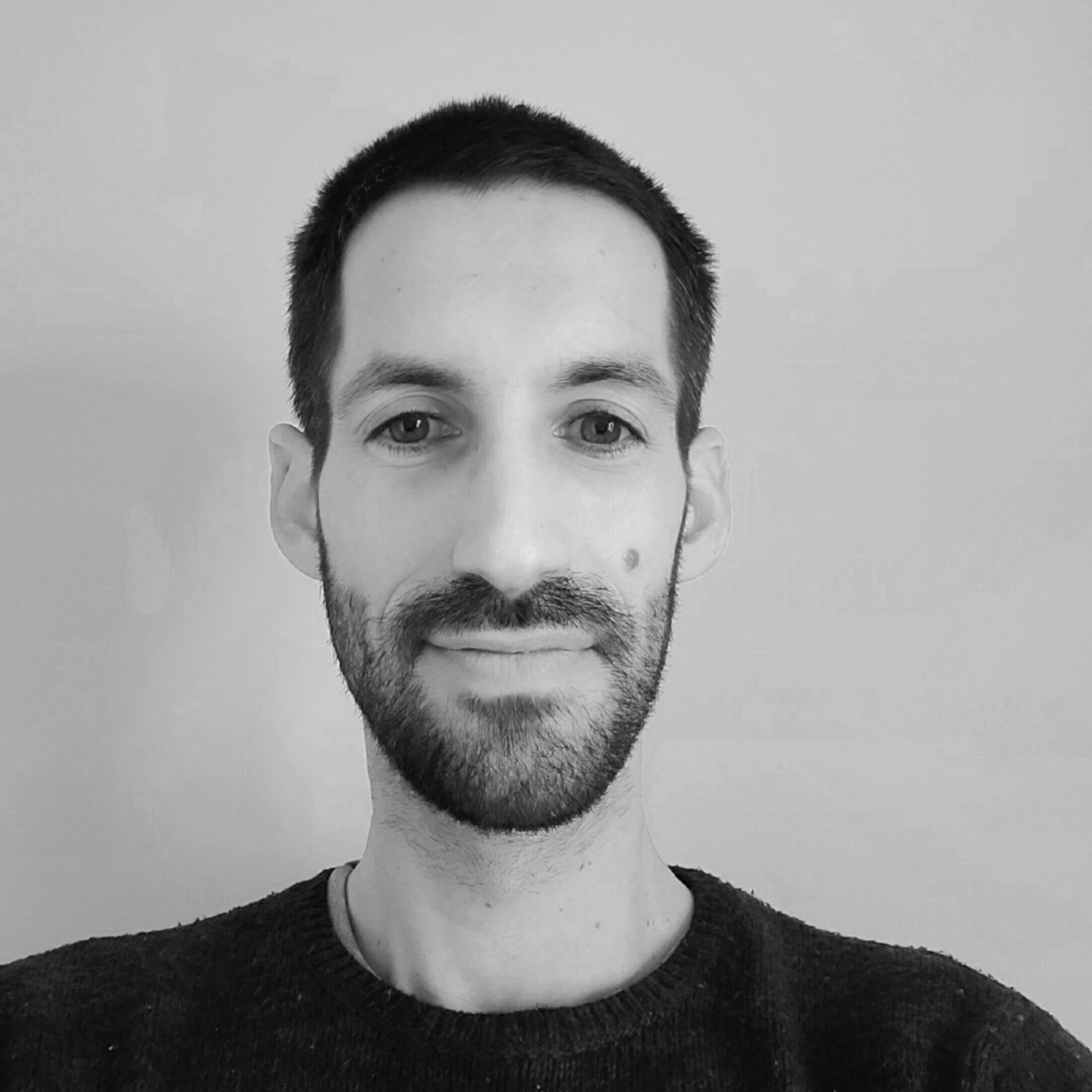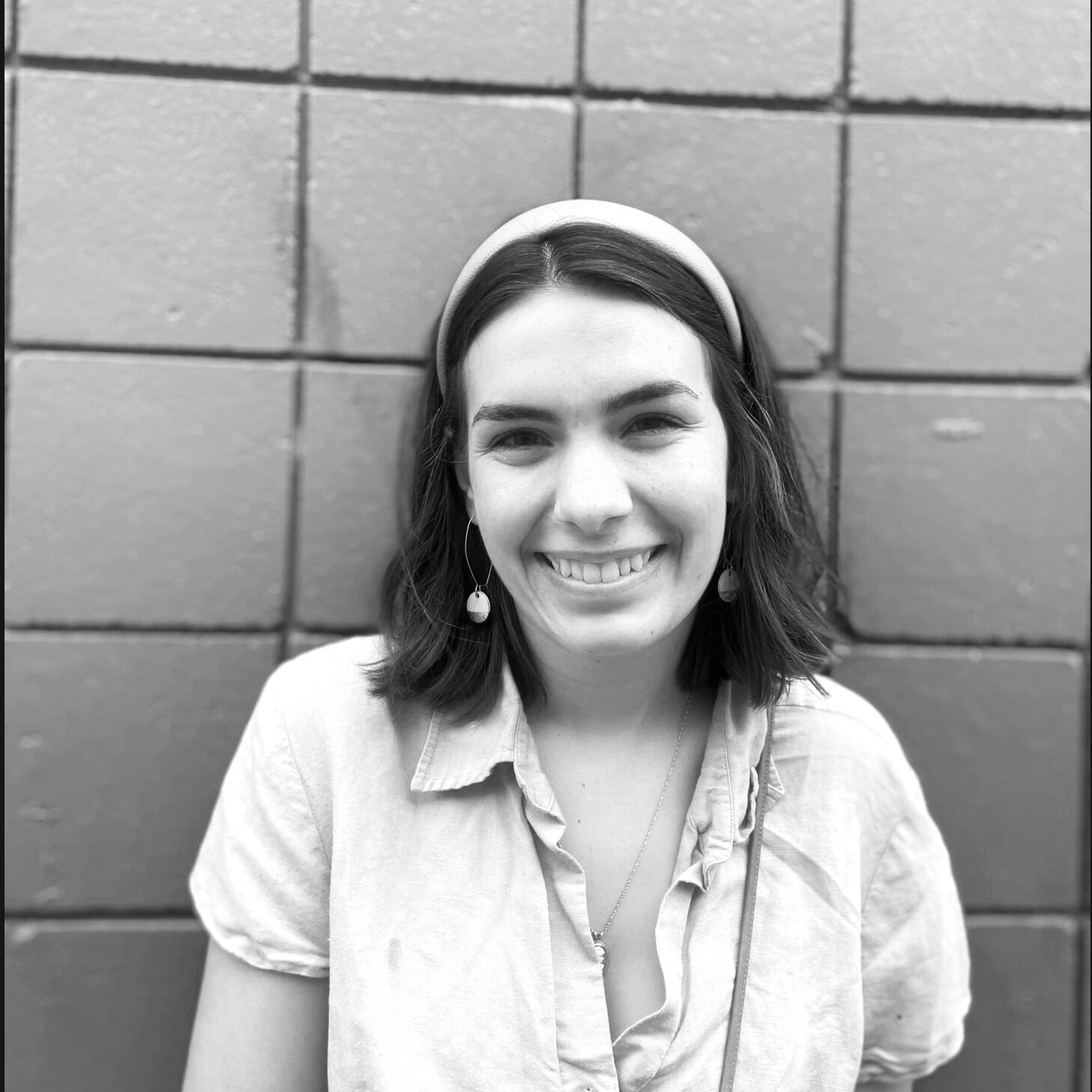People
Principal Investigator
Email: ifat.levy@yale.edu
Phone: 203-737-1374
Ifat Levy, PhD
Professor of Comparative Medicine, Neuroscience and Psychology
I am interested in the neural mechanisms underlying decision-making in humans, in individual differences in these mechanisms, and in the possible contribution of decision traits to pathological behavior. Our research focuses on decision-making under uncertainty, and on value learning and encoding. To study these topics we combine behavioral economics methods with functional MRI, as well as eye tracking and physiological measurements.
Lab Managers
Email: charles.gordon@yale.edu
Charles Gordon, MA
Charles has collaborated with the Levy lab on various studies since 2015, when he joined the National Center for PTSD. He earned a BA in Psychology from Fairfield University, and an MA in Psychology from Connecticut College. He has previously worked on clinical trials of ketamine and neurofeedback for PTSD, and written a thesis on the role of disgust in economic decision-making. Charles enjoys assisting with the implementation of new experimental tasks, particularly those that utilize imaging techniques such as fMRI, PET, EEG, or MEG.
email: sierra.metviner@yale.edu
Sierra Metviner
Sierra received her Bachelor’s in Psychology from Pace University. In her undergraduate studies she was a research assistant in the Interpersonal Behavior Lab studying parental capitalization support, negative event support, and their effect on children’s academic success. In addition, she conducted research of the effect personal need for structure has on beliefs and coping with Covid-19. She is interested in working on research pertaining to human behaviors and individual differences and their influences on decision making.
Postdocs
Email: ziv.ben-zion@yale.edu
Ziv Ben-Zion, PhD
Ziv is a Fulbright Postdoc Fellow in Levy Decision Neuroscience Lab & Harpaz-Rotem Stress and PTSD Lab at Yale University. He received his B.Sc. in Biology and in Psychology with an emphasis on Neuroscience (Summa Cum Laude) from the Sagol School of Neuroscience at Tel-Aviv University in 2015. In 2020, he completed an Interdisciplinary Direct Ph.D. in Neuroscience program under the supervision of Prof. Talma Hendler, at the Sagol Brain Institute, Tel-Aviv University and Tel-Aviv Sourasky Medical Center. Ziv's Ph.D. research focused on uncovering neural and cognitive moderators of Post-Traumatic Stress Disorder (PTSD) symptom trajectories. In his postdoc at Yale, under the mutual supervision of Prof. Ifat Levy & Ilan Harpaz-Rotem, he aims to to further elucidate the neural mechanisms underlying anxiety- and stress-related disorders, in order to advance novel mechanism-based treatments and improved clinical outcomes for individuals suffering from these debilitating disorders.
Email: nachshon.korem@yale.edu
Nachshon Korem, PhD
Nachshon is a postdoctoral associate with the department of Psychiatry at Yale School of Medicine. His previous work focused on how consolidation and reconsolidation of fear memories affect the development of fear memories and post traumatic stress disorder. In addition, he investigated how anxiety shapes perception in human subjects. Nachshon’s current aims are to better understand how previous experience and psychopathology interact to shape decision making processes on behavioral and neuronal levels.
email: ohad.dan@yale.edu
Ohad Dan, PhD
Ohad received his B.Sc in Computer Science, M.Sc in computational Neuroscience, and Ph.D. in Cognitive Sciences from the Hebrew University of Jerusalem while working as a data-scientist consultant in the tech industry. In his doctoral work, Ohad studied the algorithmic principles underlying human decision-making and learning, highlighting the role of intrinsic exploration (curiosity, entropy-maximization) in driving human behavior. As a cognitive neuroeconomist, Ohad is interested in explanations rooted in neuroscience for value-based cognitive processes. To this end, he borrows theories from behavioral economics and methodologies from neuroscience and mixes them using advanced statistical modeling to explain biological and environmental effects on decision making. Some specific interests of his include the neural basis of decision making in obesity, behavior modulation using real-time fMRI (neurofeedback), and contextual effects in risk attitude formation.
email: ankita.sengupta@yale.edu
Ankita, PhD
Ankita is a postdoctoral associate in the Levy Decision Neuroscience Lab. She received her Ph.D. in Neuroscience from the Indian Institute of Science, Bangalore. Her doctoral work examined the neural mechanisms of reward-driven and probability-driven attention and decision-making in humans, combining psychophysics, computational modeling, EEG, eye-tracking, and non-invasive transcranial alternating current stimulation (tACS). During her postdoc, she aims to explore value-based learning, attention, and decision-making, and how these cognitive processes are affected when decision outcomes are contingent on social behavior. She enjoys music, painting, reading, and watching old movies.
Graduate Students
Email: a.rich@yale.edu
Alex Rich
Alex is a graduate student in the Interdepartmental Neuroscience Program at Yale. She received her B.S. in Neuroscience from the University of Minnesota, Twin Cities where she worked with Drs. Ann Haynos and Lisa Anderson to investigate decision-making and ruminative processes in eating disorders. This work, in tandem with her time in Dr. Ben Hayden's lab examining the neural basis of decision-making in rhesus monkeys, lent to her current interests in translational neuroscience research examining transdiagnostic properties of cognition and behavior.
email: christopher.dunlock@yale.edu
Christopher Dunlock
Christopher graduated from the Xavier University of Louisiana with a Bachelor in Biochemistry. His research interests are broad and include PTSD, anxiety, and decision making. Christopher enjoys doing Brazilian jiu-jitsu and salsa dancing during his free time.
email: emily.wertheimer@yale.edu
Emily Wetheimer
Emily is a PhD student in Yale's Interdepartmental Neuroscience Program (INP) where she is co-mentored by Drs. Ifat Levy and Kristen Brennand. Emily's research focuses on eating disorders. In the Levy lab, she is interested in learning and decision making about food-related stimuli. In the Brennand lab, Emily uses functional genomic techniques to investigate the relationship between metabolic hormones and cell type specific genetic risk for eating disorders. Before beginning in the INP, Emily completed a postgrad fellowship in the Levy Decision Neuroscience Lab and a bachelor’s in neuroscience and music at Trinity College. Some things she enjoys outside of lab include: CrossFit, hiking, reading, music, and dogs.
Postgraduate Researchers
email: kl995@yale.edu
Kevin Li
Kevin graduated from Vassar College with a B.A. in Psychology and Cognitive Science, along with a minor in Economics. During his undergraduate years, he worked as a research assistant, studying how social preferences influence individuals' economic decision-making. He also investigated factors affecting people's subjective sense of luck and how this perception shapes their decisions. His research interests include decision-making under ambiguity, irrationality, and the availability of cognitive resources.
Undergraduates
Email: madhav.lavakare@yale.edu
Madhav Lavakare
Madhav is an undergraduate currently studying computer science at Yale. He is passionate about applying deep technology to impactful human problems. Madhav is also a driven entrepreneur - he founded TranscribeGlass: the world’s first affordable, comfortable wearable smart glasses for people with hearing loss. He’s excited about applying his skills in software and hardware to the intersection of human behavior, research, technology, and entrepreneurship.











